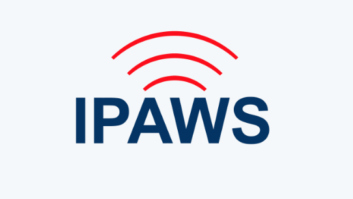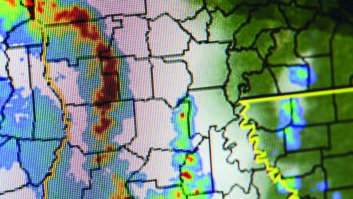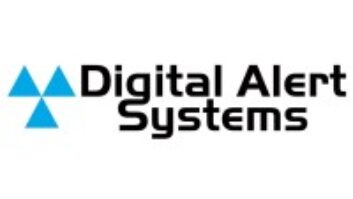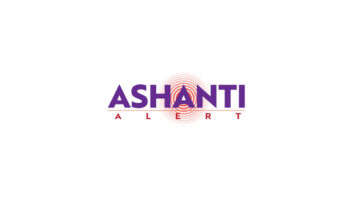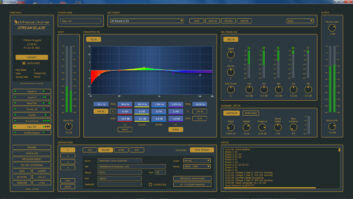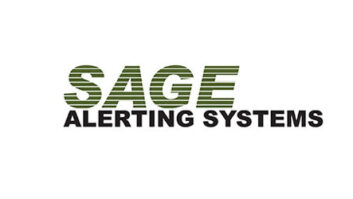In this month’s Tech Tips, I have some thoughts drawn from five decades’ worth of work as an obscure broadcast engineer (I do avoid the limelight).
My concern for the safety and proper treatment of my radio engineering brethren drives me daily, and recent years of staff cuts, more stations (or signals), streaming, building maintenance, vehicle maintenance, etc., have forced me to approach matters differently on several fronts.
As Doug Irwin is wont to say, “Work harder, not smarter.” (…Or is that the other way around?)

ADOPTING A PAPERLESS OFFICE
My first tip isn’t technical at all, but it’s still important for efficiency.
I’d like to pass along a system of organization that has kept me out of trouble the past 10 years, since I adopted a paperless office.
We each have different organizational methods, for sure, but I have found that stacks of paper and file cabinets just lead to forgotten tasks and missed opportunities. That critical sheet of paper (with an invoice from a generator vendor or a PCN) would always seem to settle at the bottom and get overlooked.
I therefore adopted a hierarchical file folder system on the network (yes, backups are crucial) with only a few top-level folders and store all documents electronically.
As one example: “Equipment Manuals,” which then contains sub-folders for each manufacturer, equipment type, and service bulletins.
Another (and my personal favorite): “Invoices and Quotes.” Vendor folders reside within this top-level folder and each vendor has a “quotes” folder and an “invoice” folder — all sorted by date. It has worked well and has undergone several revisions to simplify the process — simpler is better.
Your desk should have no paper at all, except perhaps a notebook for hand-written notes ,and the vanishing mail you get from the post office from time to time.
Use your Outlook contacts not just for business contacts but also for tower site information: ASRs, power company electrical meter numbers (super handy), generator models/size, fuel tank capacity, your Fed Ex account number, transmitter gate codes, site addresses, your company’s P&L Codes, etc.
It’s amazing how useful this can be when you’re away from — or even in — the office.
TRUST BUT VERIFY
Let’s get to the tech part of this column.
I mentioned I’m driven by a concern for the welfare of the broadcast engineer, who often works alone at a transmitter on a cold, dark night. I’d like to tell you all a story about an incident which I survived (yes, “survived”) many years ago.
It was a cold, dark night in Orlando.I was about to work on a generator transfer panel (ATS), and inasmuch as these panels are always “live,” I had no choice (so I thought back when I was 28) but to work on it and just remain clear of the energized portions of the panel by connecting some status to a relay (which I believed was not energized).
My Fluke meter seemed to tell me there were zero volts from the points I wanted to wire to and anywhere else in the universe. Zero volts. I began to place spade lugs on the status wires and was ready to connect to the relay — but some inner voice was advising caution (I don’t hear voices often, by the way).
I’m not sure what drove me to do this, but I inserted my meter leads into a wall socket and read: zero volts. Zero volts — now I was confused! I plugged a work lamp into the socket and verified it was “hot.” Long story short: the meter suffered from an open internal fuse, as I recall.
Therefore, never trust your meter as the sole source of measurement on a live circuit. First, verify the meter is working properly before you put yourself at risk. Also, be absolutely certain the meter leads are set properly. Explosions and arc flash can occur if you attempt to measure voltage with the leads set to measure current (I know this has happened and isn’t a mythological concern).
Be careful out there!
Sloatman, based in Richmond, Va., is the director of engineering for SummitMedia.






